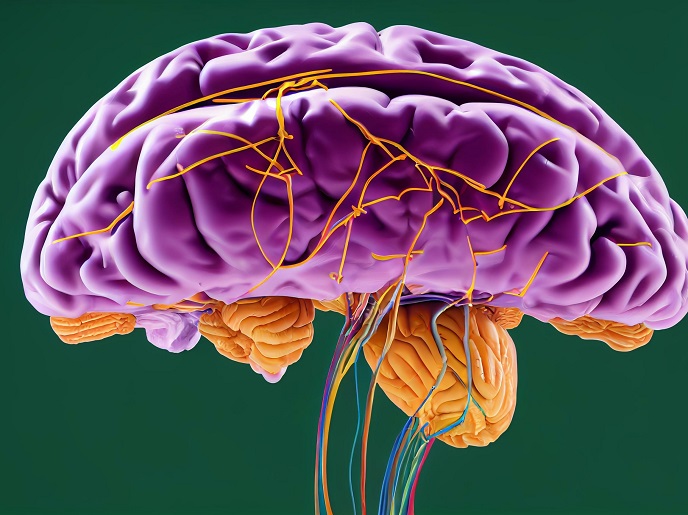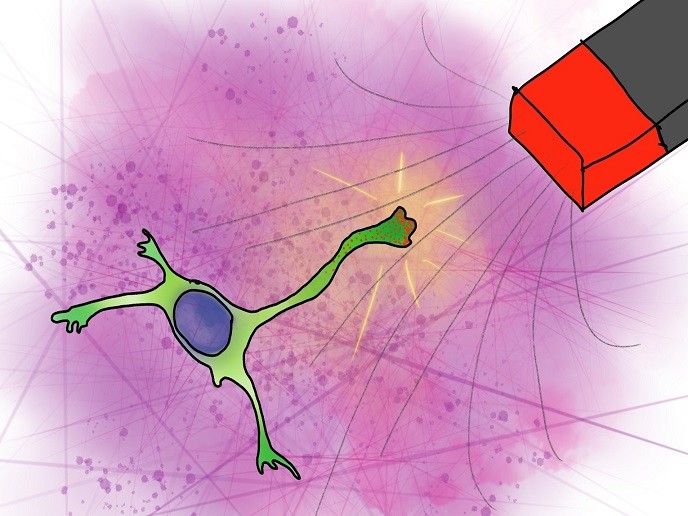New breakthrough for Parkinson's disease patients
The EC-funded DANCE project concentrated on the development of expandable human dopaminergic neuronal cell lines, thus allowing transplantation into large number of PD patients. Transplanting aborted foetal nerve cell grafts to PD patients has been shown to restore function, something that medications have been unable to achieve. It is however, morally and even logistically impossible to apply this approach for the large-scale treatment of PD. It is therefore imperative to mimic the effects of these grafts and create other solutions which can address the existing need for efficacious treatment of this disease on a large scale. Project partners therefore concentrated on the creation of neuronal cell lines, based on initial neural stem cells of foetal origin. NSGENE A/S developed a protocol, which was shown to result in differentiated stem cells expressing tyrosine hydroxylase. The creation of neuronal cell lines in vitro could signal an important breakthrough in the treatment of PD and other neurodegenerative diseases. Further research is required, however, in order to optimise the maturation process of cells and improve their survival in vivo post-transplantation.







